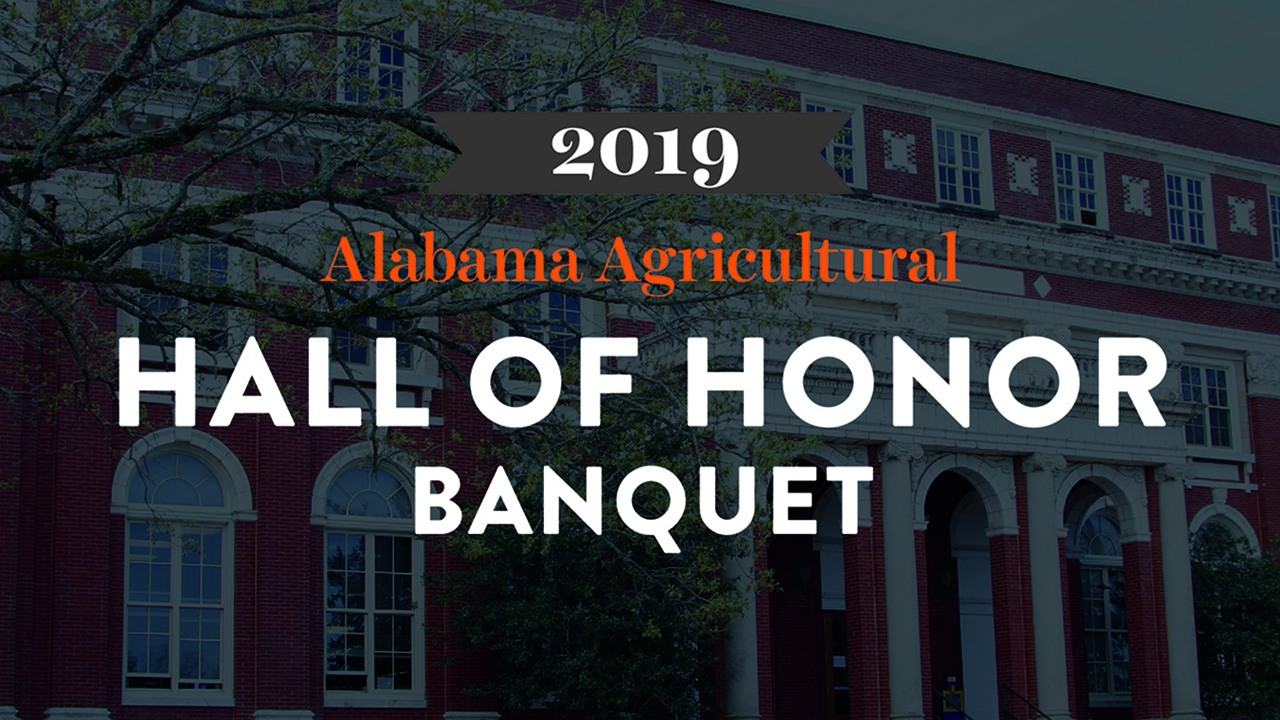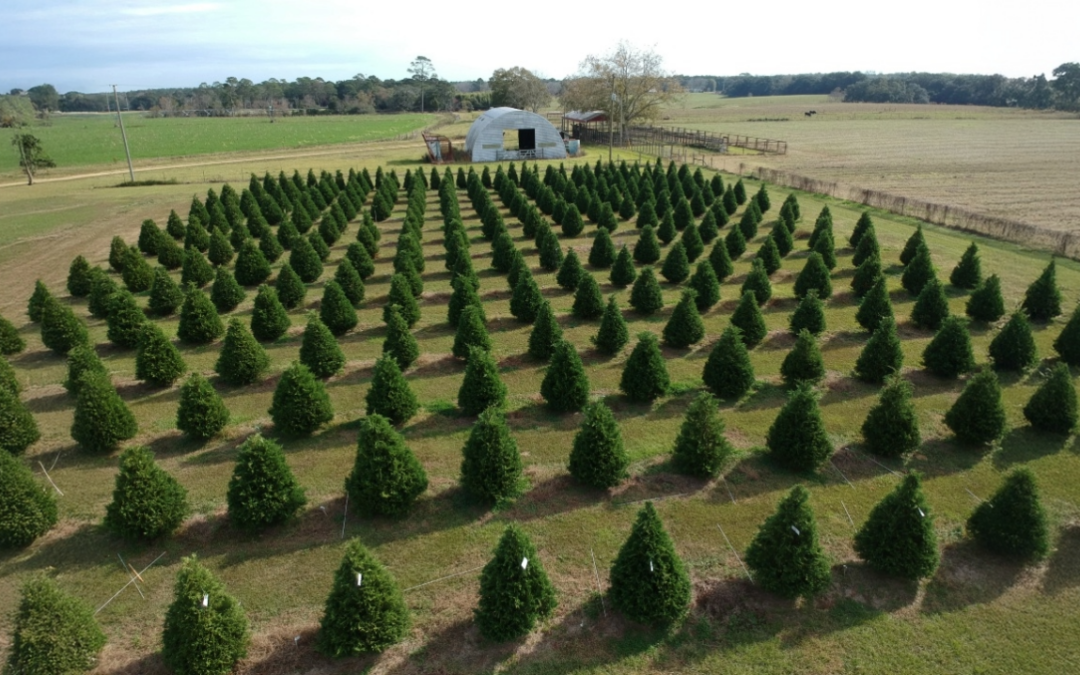By Jamie Creamer / Jan 9, 2019 4:55:17 PM
News
Auburn University’s College of Agriculture and Agricultural Alumni Association will recognize and celebrate five Alabamians for their significant contributions to the state’s agriculture industry through the years during the 2019 Alabama Agriculture Hall of Honor banquet Thursday, Feb. 7, at the Auburn Marriott Opelika Hotel and Conference Center at Grand National.
K. Ben Gore of Albertville, John W. Jensen of Auburn and J. Dan Smalley of Arab will be inducted into the Hall of Honor, bringing to 113 the number of individuals who have achieved membership since the Hall of Honor’s establishment in 1984. The late William I. Ethridge Jr. of Bessemer and the late Roy N. Hereford Jr. of Faunsdale will be honored as Pioneer Award recipients.
Gore, inductee in the agribusiness category, is retired CEO and 42-year employee of Alabama Farm Credit. Education/government-sector honoree Jensen, now an Auburn professor emeritus, was a longtime College of Agriculture faculty member, administrator and extension fisheries and aquaculture specialist. Smalley, a retired poultry farmer who for decades was a leader in and advocate for the state’s poultry industry, is the production-sector awardee.
The posthumous Pioneer Awards will be presented to the Ethridge and Hereford families. Ethridge was a successful dairy farmer and enthusiastic promoter of the dairy industry and agriculture in general. Hereford was an auctioneer committed to improving the public’s perception of the auction business.
The 2019 event will start at 5:30 p.m. with a reception, followed by the banquet at 6:15. Tickets are $50 each and can be purchased online via a link on the website. Reservation deadline is Monday, Jan. 28.
For more information on the event, contact Delaney Navarro at 334-844-1475 or dnavarro@auburn.edu.





